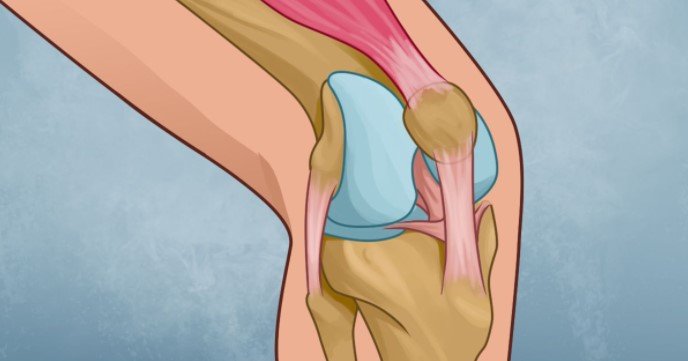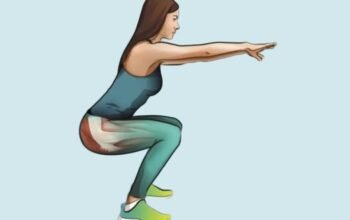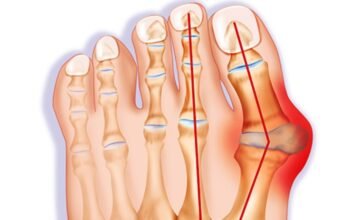Understanding Common Knee Issues and Effective Healing Strategies
Knee health is a critical aspect of overall mobility and quality of life. Whether you’re an athlete, an active professional, or someone experiencing age-related joint challenges, understanding how to care for your knees can make a significant difference in preventing pain and maintaining long-term joint function.
The Landscape of Knee Problems
Knee issues are incredibly common, affecting millions of people worldwide. The most prevalent conditions include:
- Osteoarthritis: A degenerative joint disease that causes cartilage breakdown
- ACL Injuries: Ligament tears often associated with sports and sudden movements
- Meniscus Tears: Damage to the protective cartilage between knee bones
- Rheumatoid Arthritis: An autoimmune condition causing joint inflammation
Prevention: Your First Line of Defense
Preventing knee injuries and maintaining joint health requires a multifaceted approach. Research indicates that every pound of body weight creates four pounds of pressure on the knee joints, making weight management crucial.
Key Prevention Strategies
- Maintain a Healthy Weight: Reduces unnecessary stress on knee joints
- Regular Exercise: Strengthen muscles supporting the knee
- Proper Footwear: Use supportive shoes and potentially custom orthotics
- Flexibility Training: Incorporate stretching to maintain joint mobility
Effective Knee Strengthening Exercises
Targeted exercises can significantly improve knee joint health and reduce injury risk. Some recommended exercises include:
- Bodyweight squats
- Leg presses
- Walking lunges
- Stationary cycling
- Swimming (low-impact joint exercise)
Treatment and Rehabilitation Options
When knee injuries occur, multiple treatment pathways exist. The approach depends on the specific condition and its severity.
Medical Interventions
- Anti-inflammatory Medications: Reduce pain and swelling
- Physical Therapy: Customized rehabilitation programs
- Surgical Procedures: For severe injuries or advanced joint deterioration
Alternative and Complementary Treatments
Many individuals find relief through alternative therapies such as:
- Glucosamine and chondroitin supplements
- Acupuncture
- Massage therapy
- Nutritional interventions
When to Seek Professional Help
Not all knee pain requires immediate medical intervention, but certain symptoms warrant professional assessment:
- Persistent pain lasting more than a few weeks
- Significant swelling
- Reduced range of motion
- Inability to bear weight
- Visible joint deformity
Lifestyle Considerations
Long-term knee health isn’t just about treating problems—it’s about creating sustainable lifestyle habits. This includes maintaining a balanced diet rich in anti-inflammatory foods, staying hydrated, and listening to your body’s signals.
Conclusion
By understanding knee joint health, implementing preventive strategies, and seeking appropriate treatment when necessary, individuals can maintain mobility, reduce pain, and enjoy an active lifestyle. Remember, proactive care is always more effective than reactive treatment.
Disclaimer: While this guide provides comprehensive information, it’s not a substitute for professional medical advice. Always consult healthcare professionals for personalized guidance.






